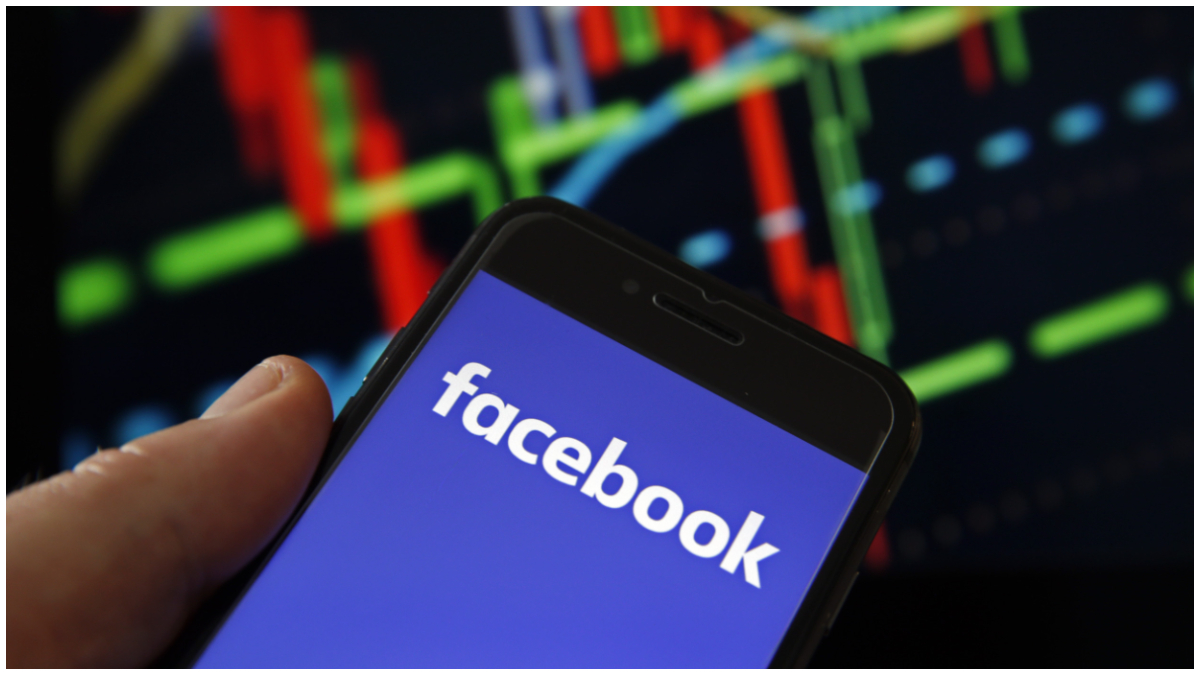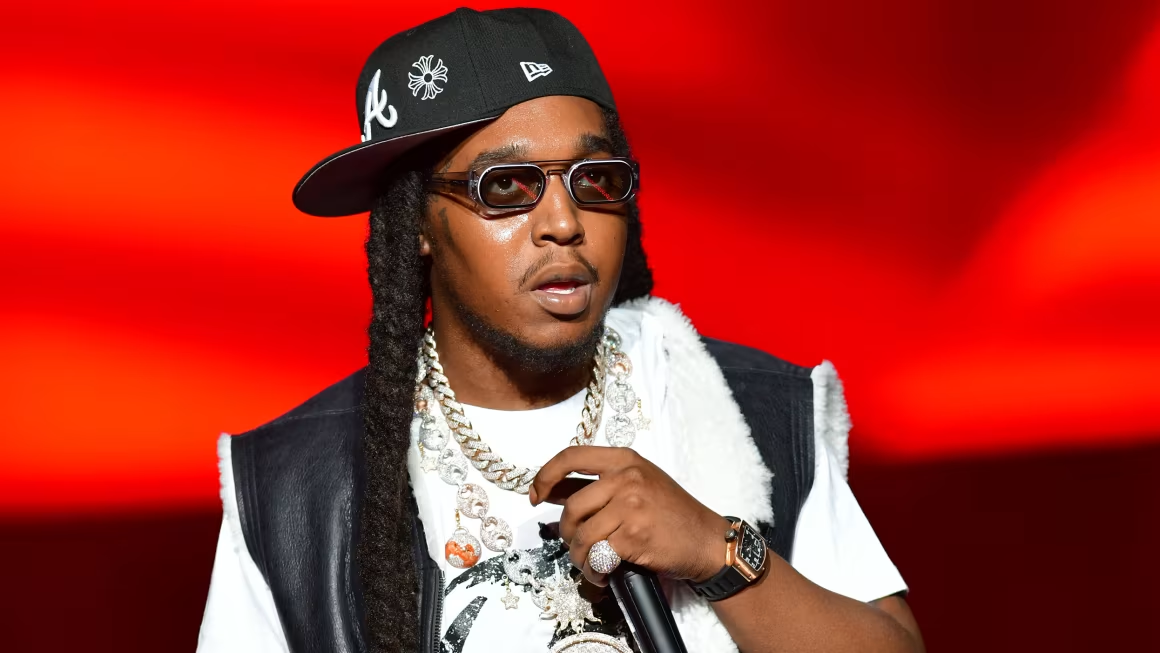For many, going viral online looks like an instant ticket to fame and opportunity. One funny video or heartfelt post can collect millions of views in hours. But behind the likes and shares, lies a side of buzz most people don’t see, the price you pay when the internet suddenly know your name.
The first cost is emotional. Overnight attention can feel overwhelming; strangers investigating your appearance, your words and even your past. Praise can turn to criticism in a heartbeat. People who go viral frequently talk about worry, insomnia, and the pressure to remain “interesting” in order to maintain the audience’s interest.
Next, privacy disappears. Your photos, location or personal history, may be shared without consent. Friends and family can be pulled into the spotlight too. A private joke or informal video clip might turn into public property and be reproduced and remixed without your consent.
There’s also a financial gamble. While some creators land brand deals or sponsorships, many don’t earn a cent. Platforms like TikTok or Instagram pay only a fraction for views and the sad part is, the attention you get doesn’t guarantee a stable income. Worse, an offhand comment or misunderstanding can damage reputations, making it harder to find jobs or maintain relationships offline.
Celebrities, however, play the game differently, and that’s where clout comes in. Established artists, actors, and influencers often create controlled “viral moments” to stay in the public conversation.
A surprise romance reveal, a dramatic tweet, an eyebrow-raising outfit at a red-carpet event: these are carefully timed moves designed to dominate timelines.
In Kenya and beyond, musicians drop cryptic posts just before releasing new singles, and actors tease breakups or feuds ahead of movie premieres. The buzz drives streams, ticket sales, and brand deals.
This manufactured clout shows the double edge of virality. For celebs, it’s a strategy: they understand that attention is currency and know how to convert clicks into contracts.
But they sometimes miscalculate. A stunt can backfire, leading to backlash, cancelled endorsements, or long-term damage to reputation. When every move is public, one misstep can cost more than what the clout was worth.
For ordinary people who go viral by accident, the challenges are sharper because they don’t have a team of managers or publicists to guide the storm. They must suddenly decide what to share, how to protect their mental health, and whether to chase the fleeting fame or step back altogether.
Going viral can open doors; brand partnerships, career opportunities, even lasting friendships, but it demands resilience and boundaries.
The internet moves quickly, and audiences are always hungry for the next sensation. The real cost of going viral isn’t just the scrutiny or the short-lived fame. It’s learning to protect your peace while the world watches, and deciding who you want to be when the noise dies down.












